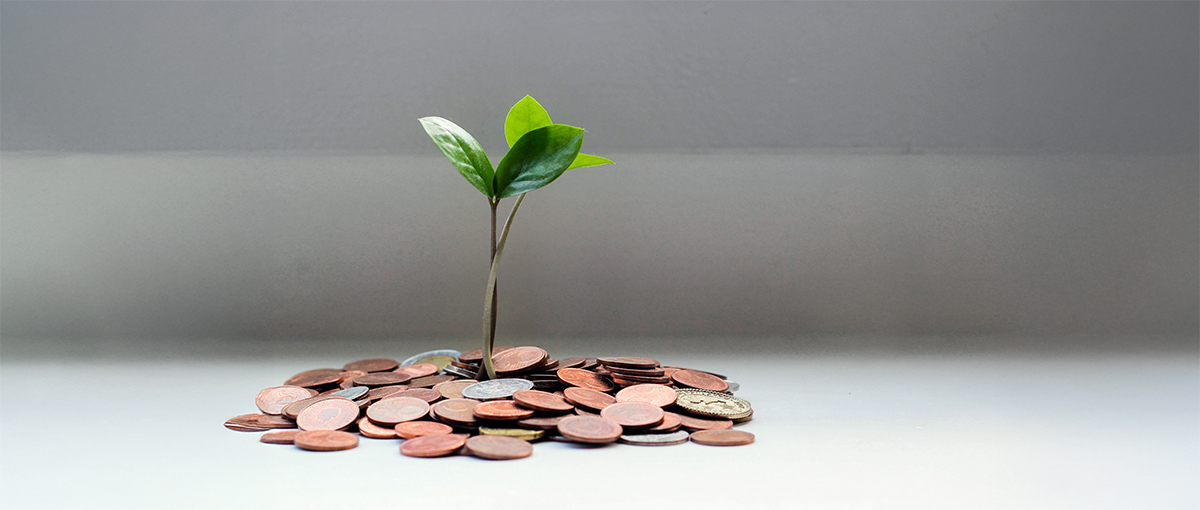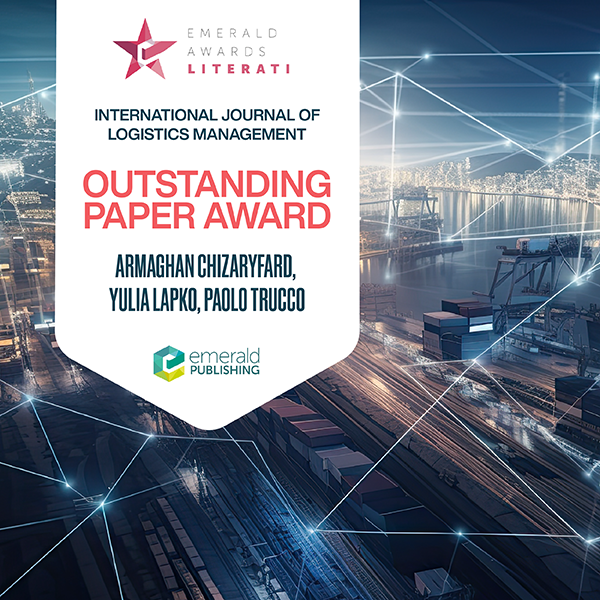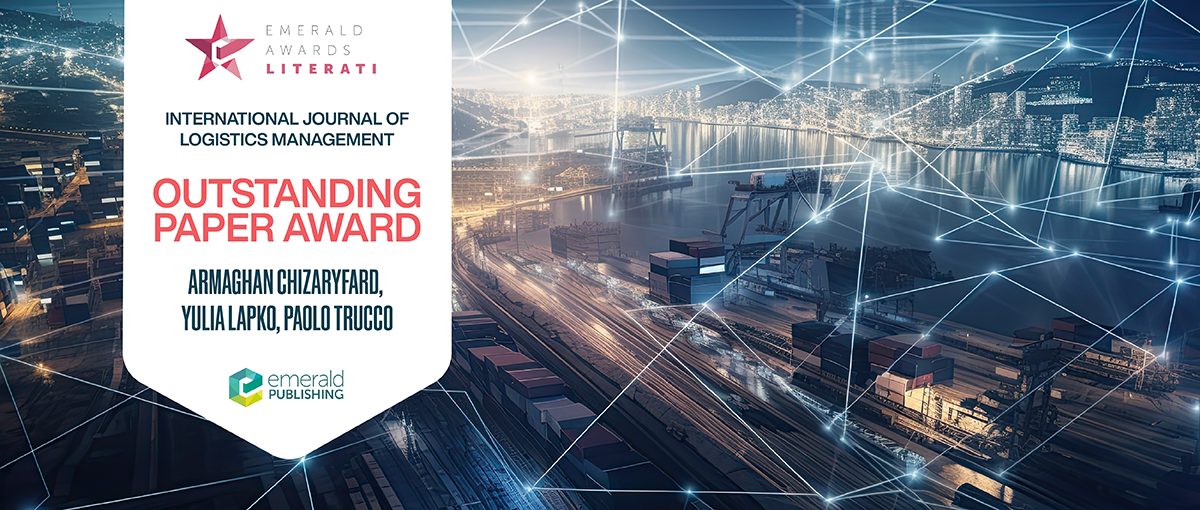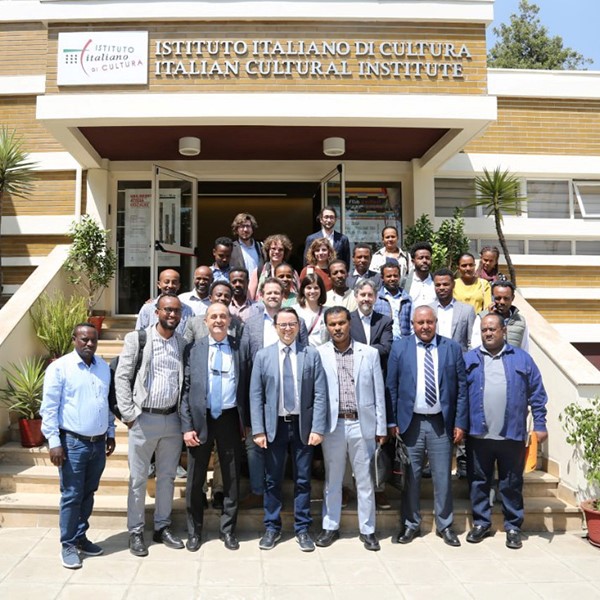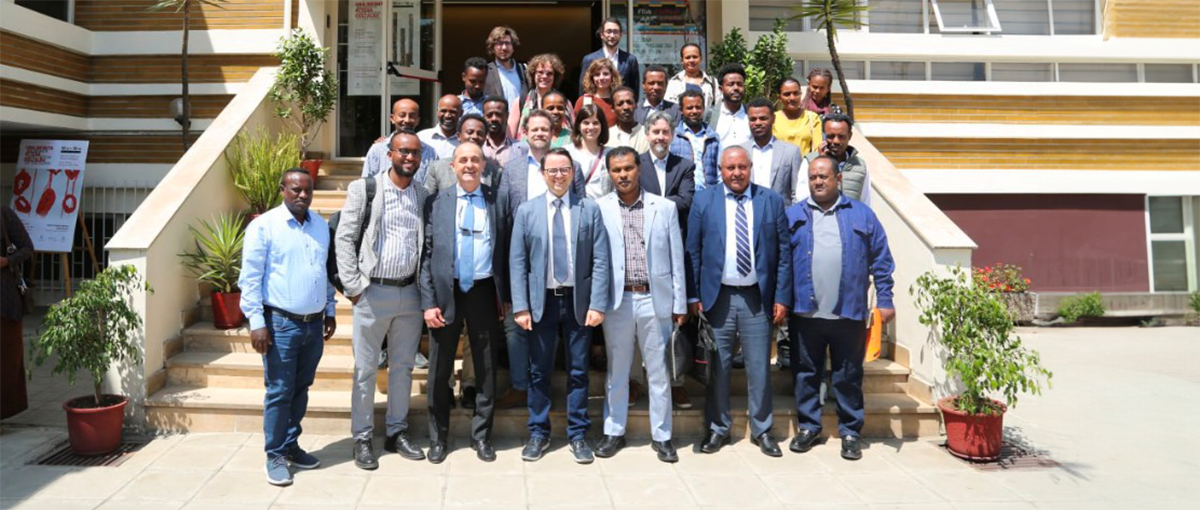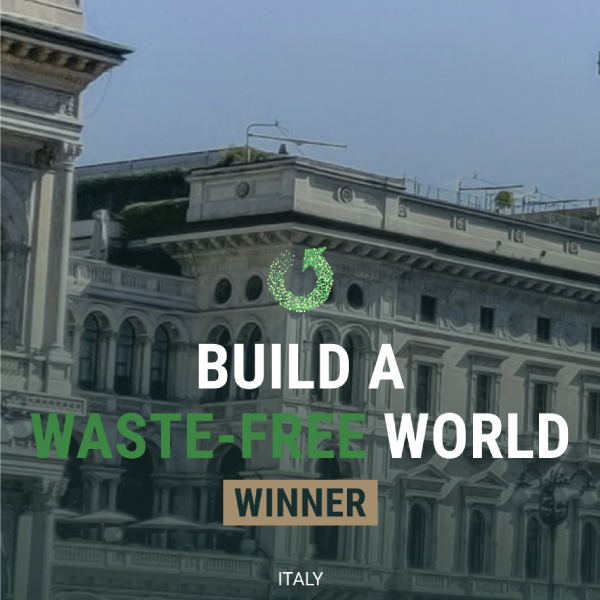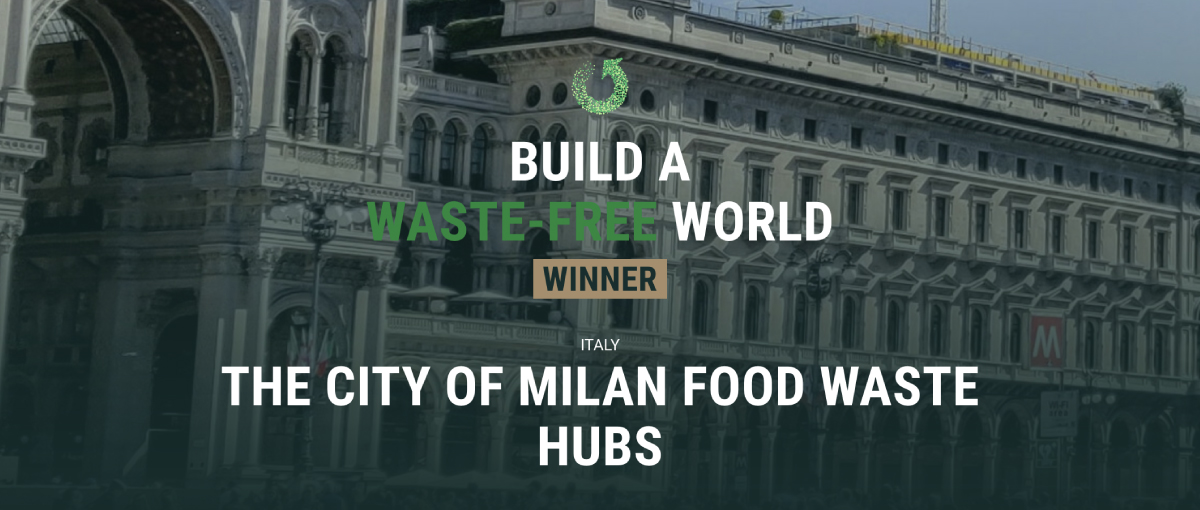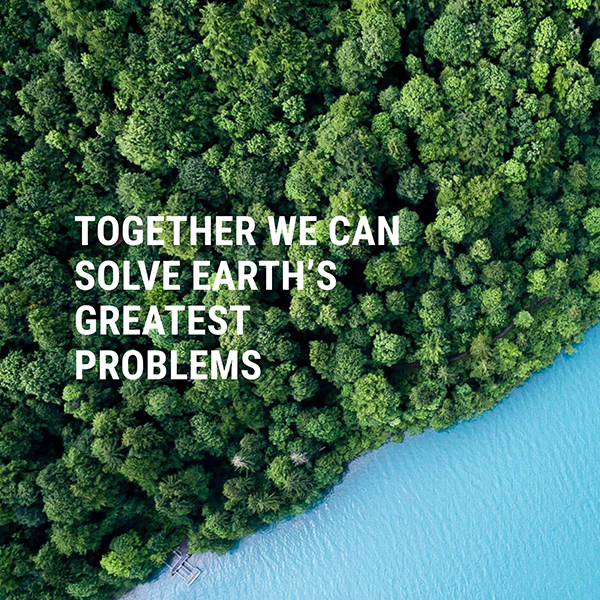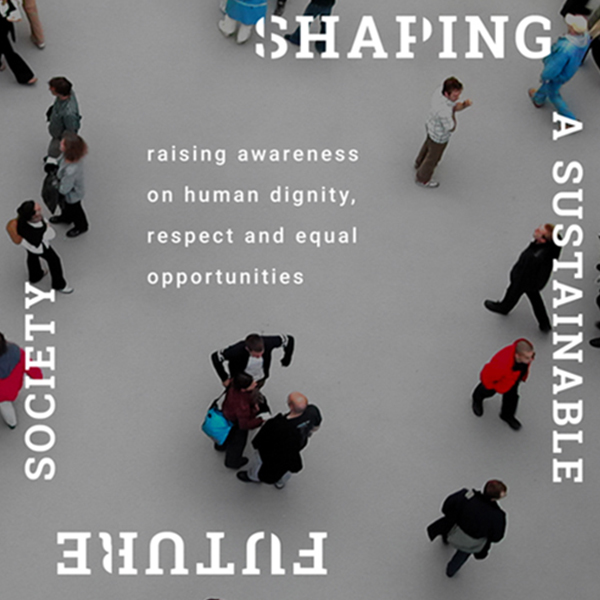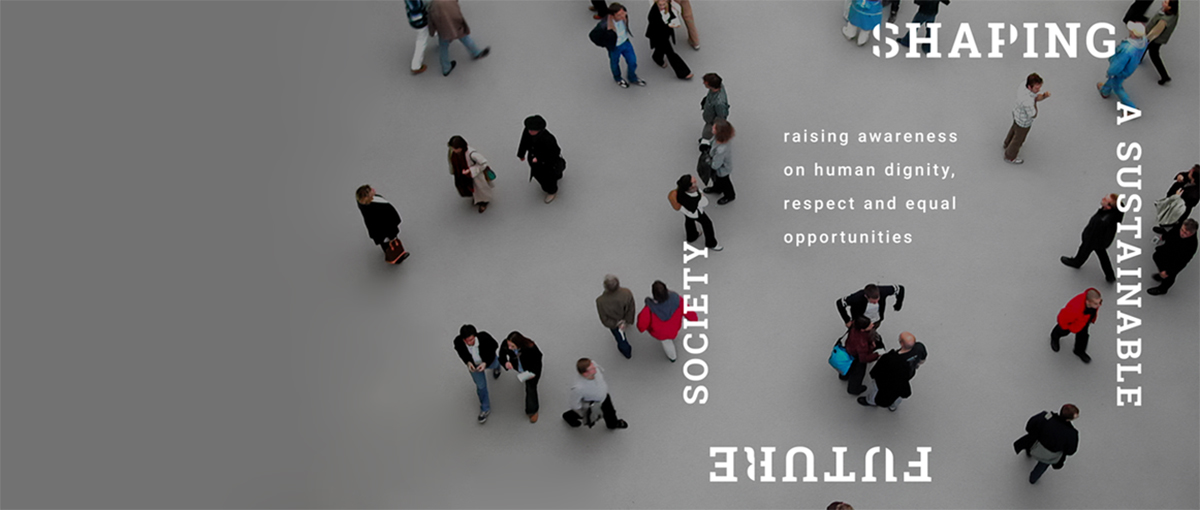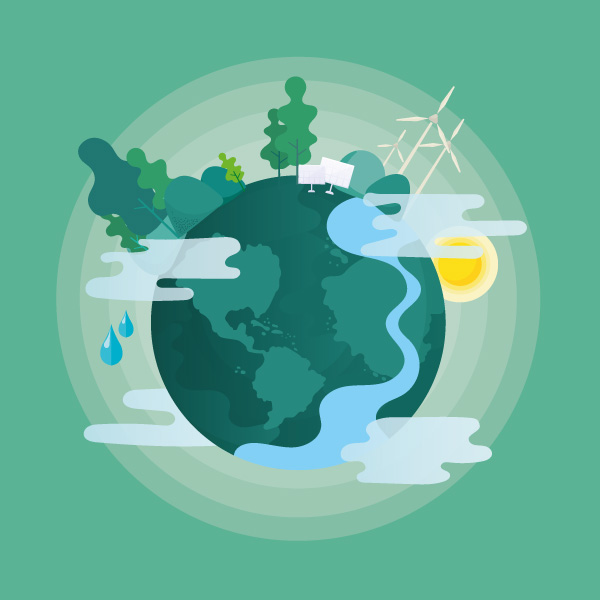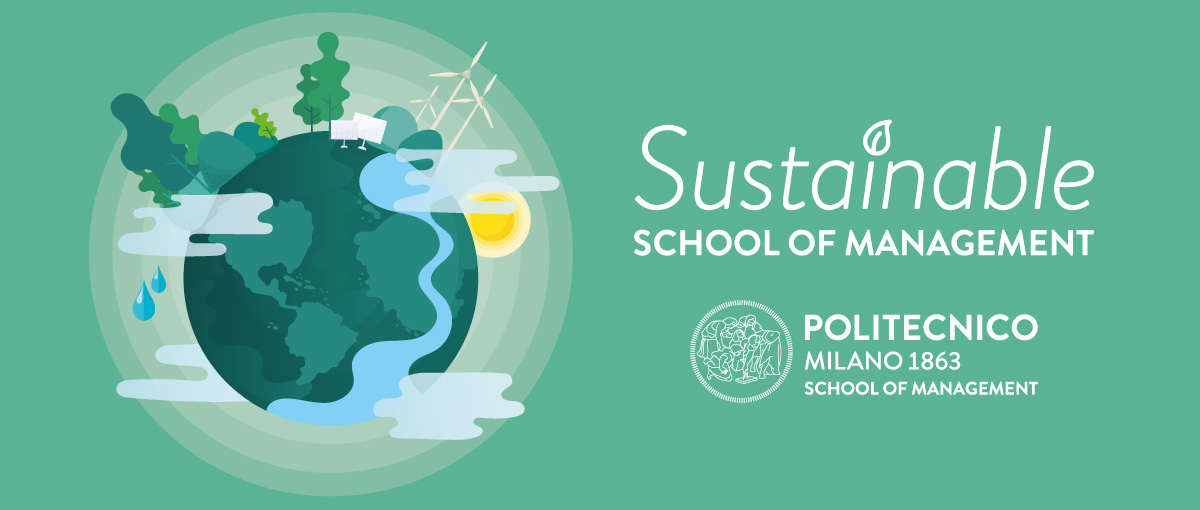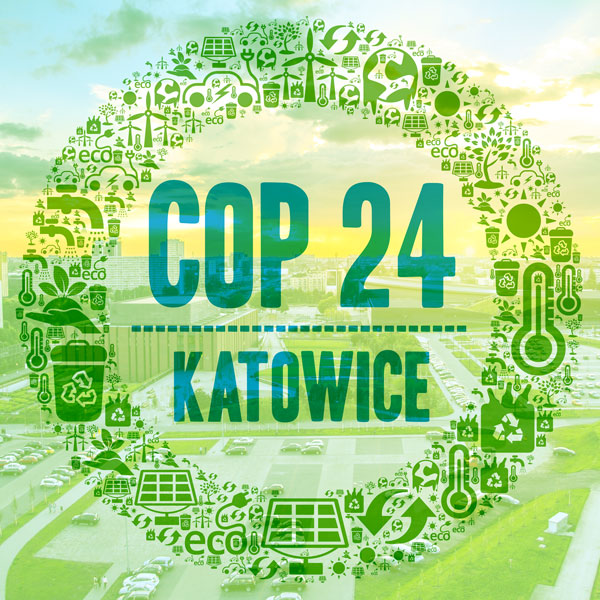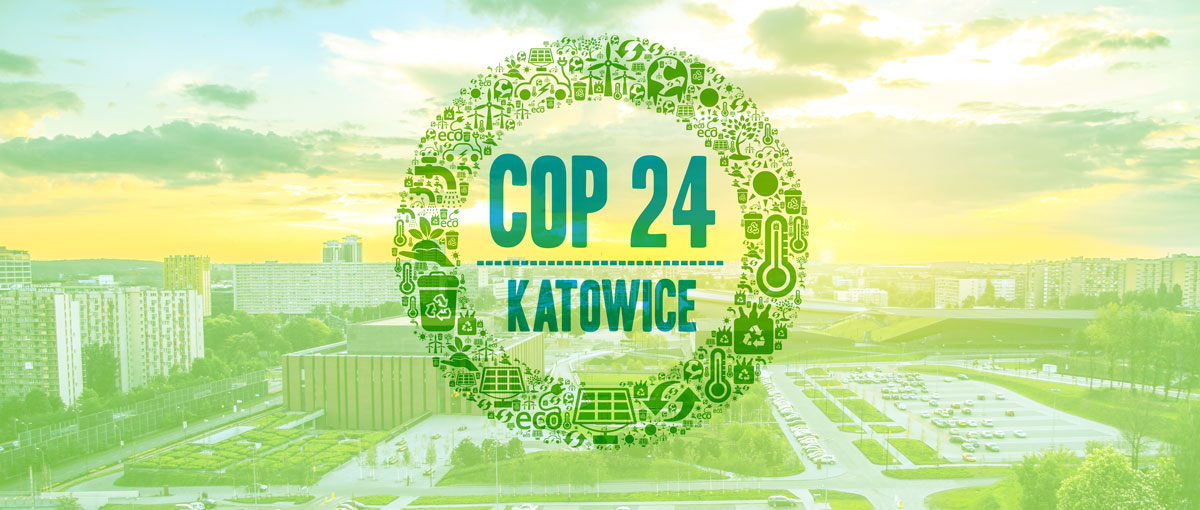
The growth of online grocery retailing has amplified the challenges of last-mile delivery. A study published in Computers & Industrial Engineering proposes an optimisation model that balances cost, sustainability and operational flexibility.
The rapid growth of the e-grocery sector, accelerated by the COVID-19 pandemic, has led to a surge in demand for efficient home delivery services.
However, the last-mile delivery of groceries presents unique logistical and environmental challenges, requiring companies to balance speed, cost efficiency, and environmental sustainability. Last-mile delivery is the most complex phase of the e-grocery supply chain due to several factors: Customers demand faster and reliable deliveries, with increasing operational pressures. The perishable nature of grocery products often forces companies to schedule deliveries by agreeing on narrow time windows with customers, ensuring both freshness and food safety while reducing the likelihood of missed deliveries.
This requirement can limit the scope for optimizing delivery routes, as vehicles must adhere to strict schedules, often necessitating the allocation of additional resources. The increase in delivery vehicles raises emissions and urban congestion. Moreover, maintaining an in-house fleet is expensive, making flexible solutions like 3PL partnerships attractive. These factors collectively create a complex operational environment where maintaining a high level of customer satisfaction—through timely and reliable delivery—must be balanced against the pressures of cost efficiency and the imperative to reduce environmental impact.
A recent study, “Sustainable E-Grocery Home Delivery: An Optimization Model Considering On-Demand Vehicles,” published in Computers & Industrial Engineering, explores how e-grocery retailers can leverage third-party logistics (3PL) providers and on-demand vehicle fleets to optimize delivery operations.
The research, conducted by Sara Perotti and Vittoria Tudisco of the POLIMI School of Management of the Politecnico di Milano, together with Banu Yetkin Ekren and Emel Aktas of the Cranfield School of Management, UK, presents an advanced optimization model integrating fleet composition, routing strategies, and sustainability objectives. It evaluates three different optimization approaches:
- Cost-Efficient Strategy: Focused on minimizing total delivery costs to reduce fixed expenses.
- Environmental-Effective Strategy: Prioritizing sustainability with biodiesel vans.
- Comprehensive Strategy: Balancing cost and environmental impact.
The study applies this model to a real-world Italian retailer. Results demonstrate that by leveraging biodiesel vans and optimizing fleet composition and routing jointly, companies can substantially cut emissions without drastically increasing operational costs.
The comprehensive approach shows that prioritizing green delivery methods does not necessarily lead to prohibitive costs. Moreover, by relying on 3PL providers and composing fleet with on-demand vehicles, retailers can avoid the capital expenditure of fleet ownership while maintaining service flexibility.
This research significantly contributes to academic literature and provides actionable insights for e-grocery retailers seeking to optimize their last-mile delivery operations.
For more detail: https://www.sciencedirect.com/science/article/pii/S0360835225000191?via%3Dihub


